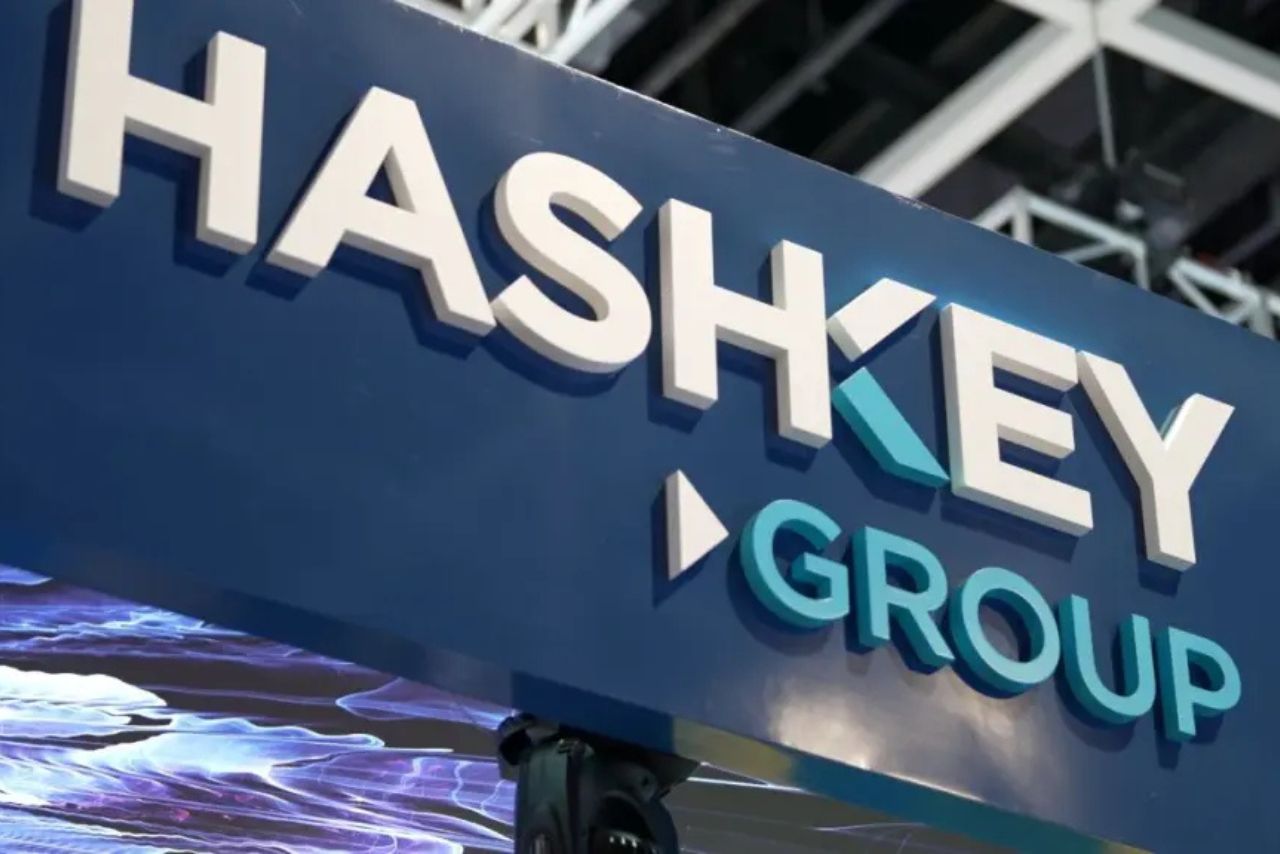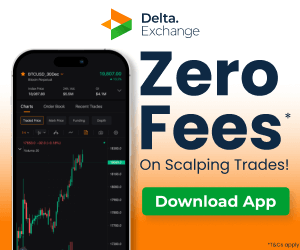Hong Kong’s cryptocurrency sector just scored a major win. HashKey Exchange, a leading digital asset platform, announced on April 10 that it received approval from the Securities and Futures Commission (SFC) to launch crypto staking services. This move positions the city as a frontrunner in merging blockchain innovation with regulated financial products.
Terence Pu, HashKey’s managing director, confirmed the exchange will now offer Ethereum (ETH) staking for spot ETFs. “Investors gain dual benefits: staking rewards plus ETF exposure,” he said. The decision follows months of regulatory reviews and aligns with Hong Kong’s push to become a global crypto hub.
A Regulatory Milestone for Proof-of-Stake Assets
The SFC’s approval marks a strategic shift. Regulators recognised staking’s role in securing blockchain networks while letting investors earn passive income. According to Pu, the greenlight came after China’s securities watchdog, the CSRC, endorsed staking’s potential to strengthen market safety.
“Staking isn’t just about yields; it’s about trust,” Pu added. Institutions can now engage with ETH-backed ETFs through HashKey, knowing their assets operate within a regulated framework. Furthermore, the SFC updated guidelines for virtual asset platforms, signalling broader acceptance of crypto-based financial tools.
Hong Kong Outpaces U.S. in Crypto ETF Development
While Hong Kong advances, the U.S. lags. Last April, the city approved Asia’s first spot Bitcoin and Ether ETFs, allowing in-kind subscriptions. Now, staking services add another layer, letting ETF holders earn rewards, a feature absent in U.S. products.
The SEC approved spot Ether ETFs in 2023 but banned staking, citing regulatory risks. Furthermore, U.S. funds miss out on a key revenue stream. “Staking is the missing link,” said a New York-based analyst. “Without it, ETFs lose appeal to institutions.”
Political Winds Shift In U.S.
Hope flickers for American investors. With Donald Trump’s recent election and a pro-crypto SEC chair to take office, experts predict staking may soon debut in U.S. ETFs. Bloomberg analyst James Seyffart suggests approvals could arrive by May.
“Regulatory tides are turning,” said a D.C. policy advisor. “The U.S. won’t let Hong Kong dominate this space forever.” On the otherhand, Hong Kong’s early adoption strengthens its bid to attract global capital.
How HashKey’s Staking Services Work
HashKey’s model simplifies earning rewards. Investors stake ETH directly or via ETFs, supporting blockchain operations while generating yields. For institutions, this means safer exposure to digital assets.
“Direct ETH staking offers higher returns, but ETFs provide diversification,” Pu explained. Either way, users benefit from HashKey’s compliance-first approach. The exchange also plans to expand staking to other proof-of-stake tokens, pending regulatory clearance.
Risks Remain Amid Crypto’s High-Stakes Growth
Despite progress, challenges linger. Market volatility, regulatory shifts, and tech vulnerabilities could impact staking returns. The SFC warns investors to assess risks thoroughly, noting crypto’s speculative nature.
Still, Hong Kong’s proactive stance sets a template. By blending innovation with oversight, the city fosters trust in an industry often marred by uncertainty. As Pu stated, “This isn’t just about crypto; it’s about building tomorrow’s financial infrastructure.”
Staking’s Role in Mainstream Finance
Hong Kong’s move signals a broader trend. As staking integrates with ETFs, traditional investors gain accessible entry points into blockchain economies. Other regions, like Europe and Singapore, now face pressure to follow suit.
For HashKey, the focus remains on compliance. “Regulation isn’t a barrier; it’s our foundation,” Pu emphasised. With staking now live, the exchange eyes partnerships with asset managers to expand its ETF offerings.
For now, global markets watch closely. Whether the U.S. embraces staking or cedes ground to Asia may define crypto’s next chapter. One thing is clear: the race to bridge decentralised finance with mainstream investing has just accelerated.
Written By Fazal Ul Vahab C H


